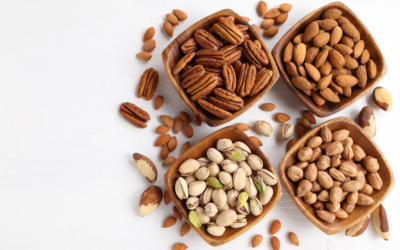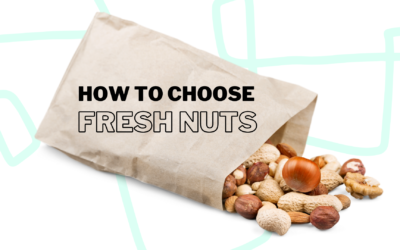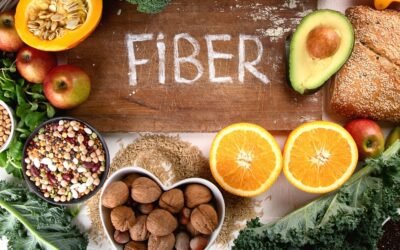When we talk about milk, cow’s dairy milk naturally comes to mind. However, why restrict yourself to only diary milk? Do you know that almonds, cashew nuts, hazelnuts, pistachio nuts, macadamia nut, brazil nuts and sunflower seed can be made into “milks” that are rich in nutrition and creamy? You can use these “milk” in your coffee, cereal and baking as a substitute for diary milk.
Why Do People Drink Nut Milk?
Many people around the world are lactose intolerant and are allergic to cow’s milk. There are those who just wish to branch out and test other kinds of milk. One of the other popular milk out there is soymilk. However, people are getting skeptical over it due to the growing concern over genetically modified organisms (GMO). Other kinds of milk are rice and oat milk. Nut milk is another close substitute for diary milk which has desirable creamy quality of cow’s milk.
What is Nut Milk?
If you think that nut milk contains cow milk, you are wrong. Nut milk’s main ingredients are nuts and water. Nut milks are flavorful and easy to make. Nut milk may seem new to you, but do you know that in the medieval times almond milk was a staple in many kitchens as diary milk spoiled too quickly. Nut milk is gaining more popularity as more people are giving up diary and soy products.
Nut Milk Health Benefits
The calories in nut milk is far lower than that of diary milk. For example, 240ml of unsweetened almond milk contains only 35 total calories with only 25 coming from fat. In contrast, the same amount of diary milk contains 150 calories. This means that one cup of diary milk is roughly the same as drinking four cups of nut milk.
Milk contains about 35 milligrams of cholesterol per 240 ml which is 12% of the recommended daily intake. Nut milk on the other hand is cholesterol free. If you are genetically prone to high cholesterol, choose nut milk instead.
Nut milk even helps to lower cholesterol from the omega fatty acids, flavonoids, vitamin E, magnesium and monosaturated fats that nuts contain. Flavonoids and omega fatty acid is known to help fight heart diseases.
Fiber is important for digestion which many people do not get enough in their diet. This is because commercial foods remove fiber during processing procedures, for example white flour. Furthermore, diary milk contains no natural fiber. Nuts being a plant-based food contains 1 grams of fiber in a 240ml of nut milk.
Nuts naturally contains copper, zinc, manganese, magnesium, calcium, iron, phosphorus, potassium and selenium. You do not need to purchase commercially made milks that have vitamins and minerals added unnaturally to supply your body with minerals and vitamins, just consume nut milk.
Why Make Nut Milk?
You must be thinking why make nut milk when I can go to the supermarket to buy almond or hazelnut milk? This is because these commercially made nut milk contains additives and thickeners to extend shelf life and provide a smoother texture. If you are maintaining a diet free from preservatives and processed foods, you should make your own nut milk. Furthermore, homemade nut milk is sugar free. If you want to add a sweetener you know what amount is being put into it. Do not be intimidated, nut milk is easy to master!
How to Make Nut Milk (Basic Steps)
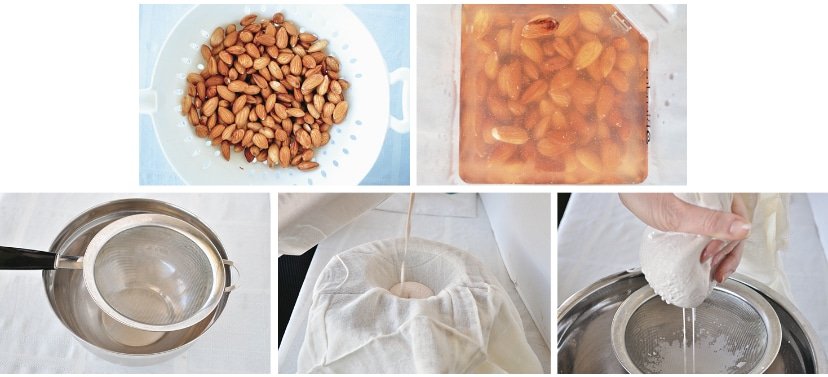
Our way of making nut milk requires you to soak raw/natural nuts overnight. You can learn how to soak nuts here. Some of the recommended nuts to use are almonds, brazil nuts, cashew nuts and hazelnuts. After you blend the nuts with water, you need to strain the nut milk with a nut milk bag, cheesecloth or any material to separate the liquid and the pulp.
- Take overnight soaked nuts and add water.
- Simply blend 1 cup soaked raw nuts with 4 cups water.
- Pour the mixture into a straining cloth to separate the liquid from the pulp.
- You can fasten the process by using your hand to squeeze the cloth.
- You can add sweeteners like Manuka Honey or dates if you want.
Store it in a glass jar in the fridge and it can last for 3-4 days.
Note: Not all nuts require straining. Cashews nut milk do not require straining. Test out by playing around with different nuts. Shake the nut milk before drinking as sediments may be concentrated at the bottom. Try to make nut milk in small batches as it has a short life span as it made naturally without any preservatives.
That’s how you make a healthy homemade nut milk, try it out today!
Test Out Nut Milk Today!
-
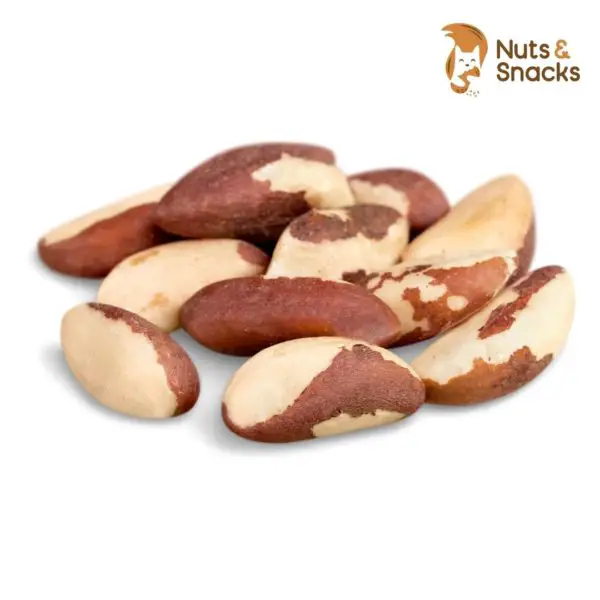 Select Options
Select OptionsBrazil Nuts
-
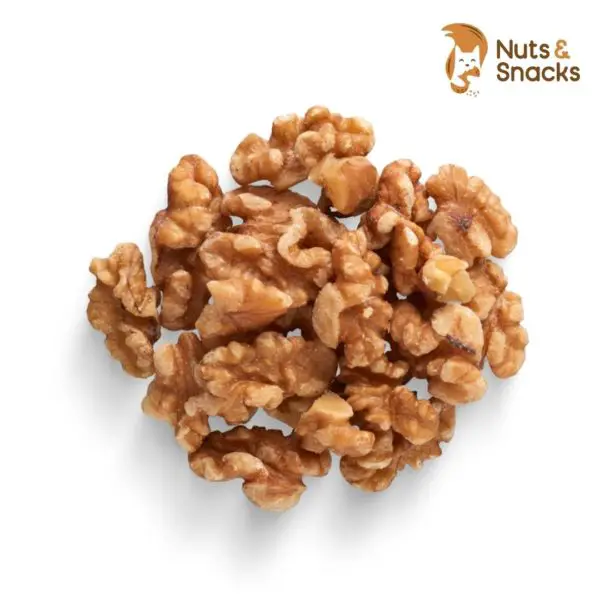 Select Options
Select OptionsBaked Walnuts
-
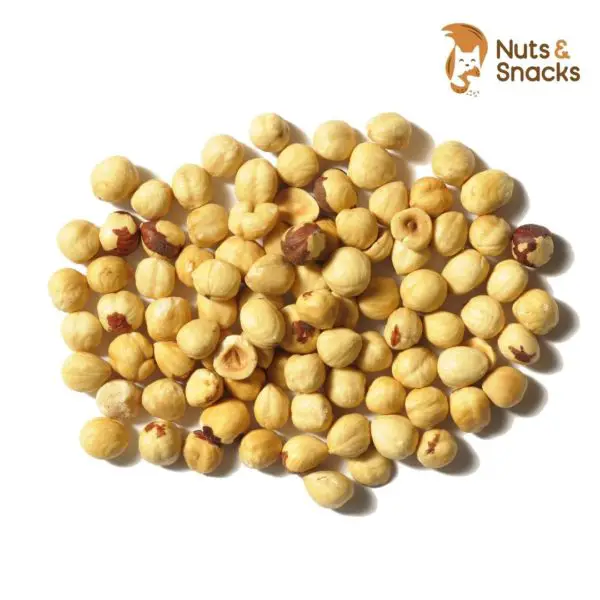 Select Options
Select OptionsRoasted Hazelnuts
-
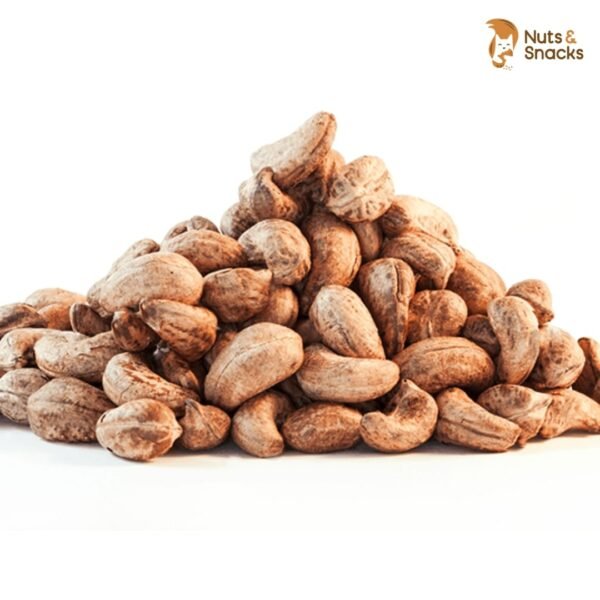 Select Options
Select OptionsCashews In Skin Roasted
-
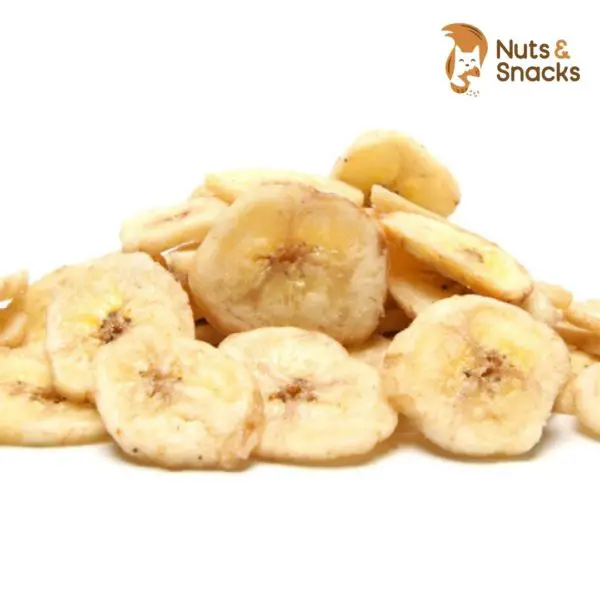 Select Options
Select OptionsBanana Chips
-
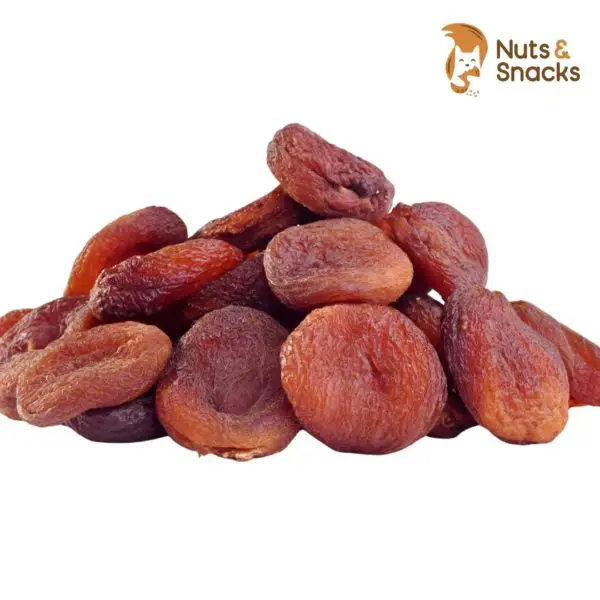 Select Options
Select OptionsDried Natural Apricots
-
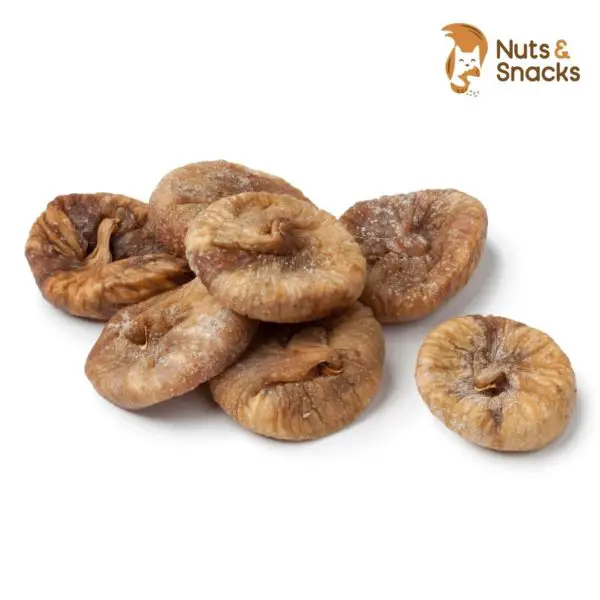 Select Options
Select OptionsDried Turkish Figs Large Soft
-
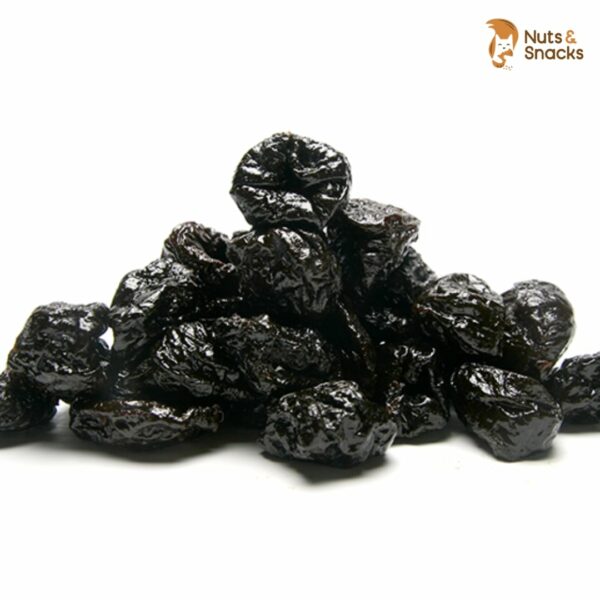 Select Options
Select OptionsPrunes
-
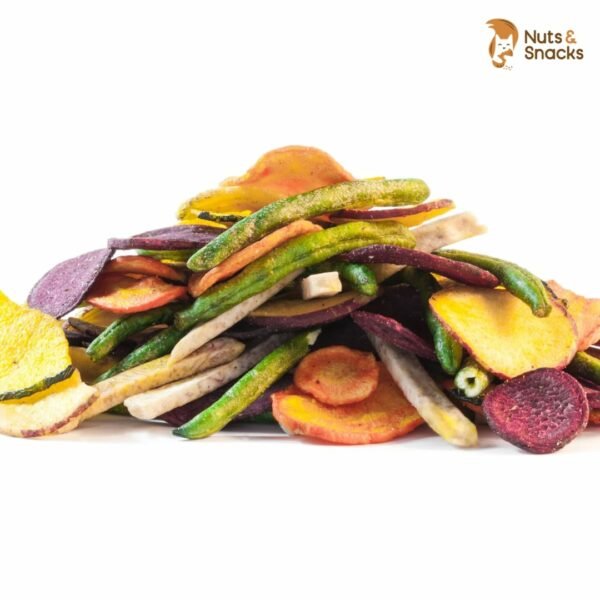 Select Options
Select OptionsVege Chips
-
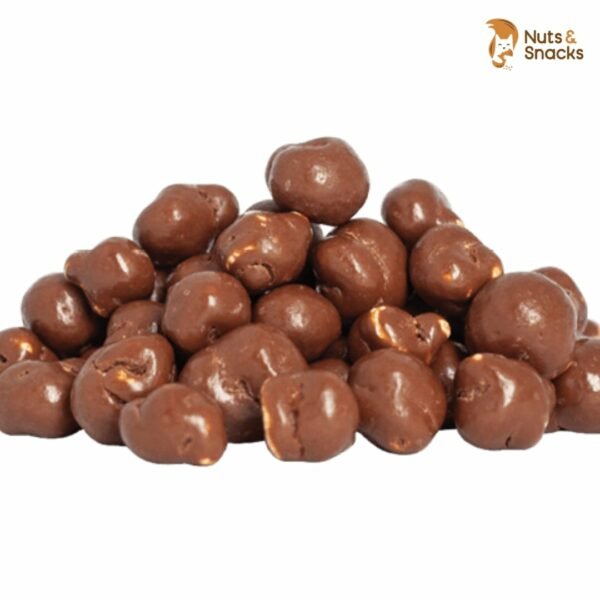 Select Options
Select OptionsSalted Caramel Popcorn
-
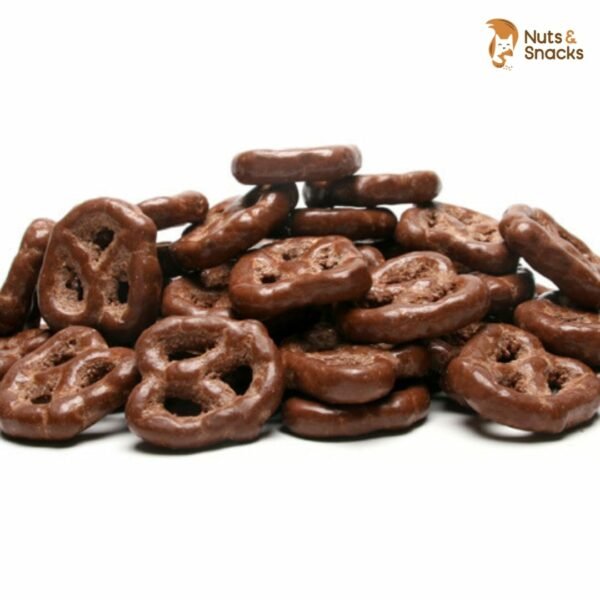 Select Options
Select OptionsChocolate Pretzels
-
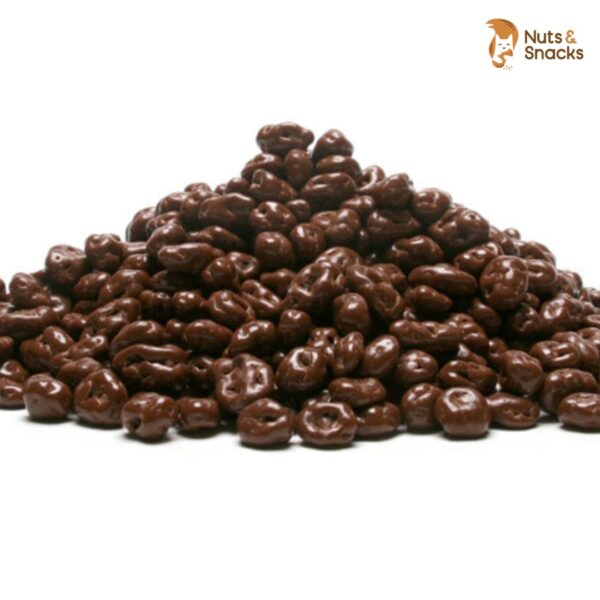 Select Options
Select OptionsChocolate Raisins

